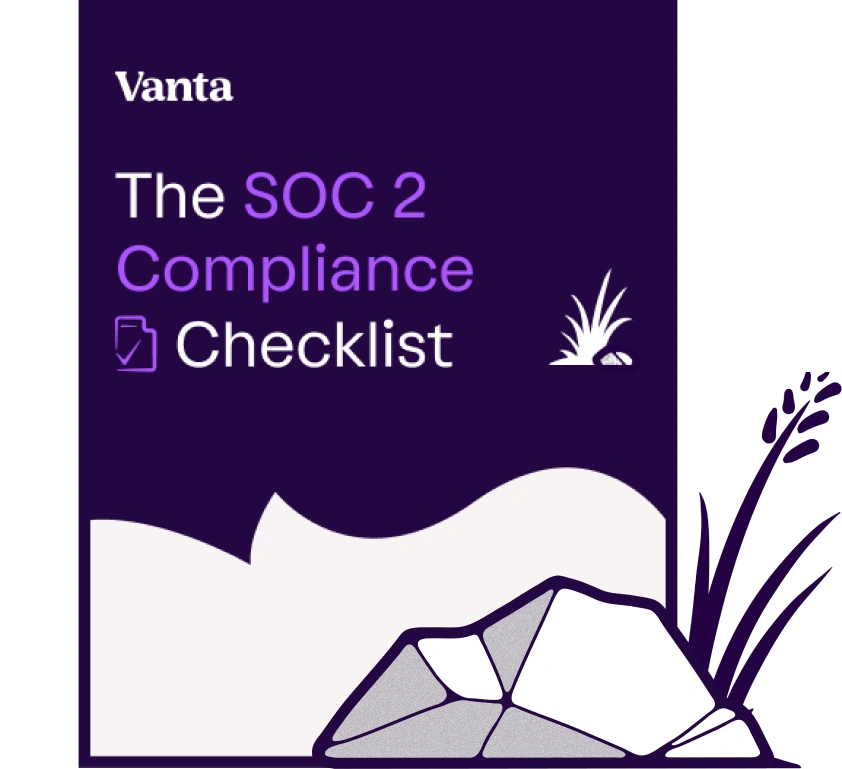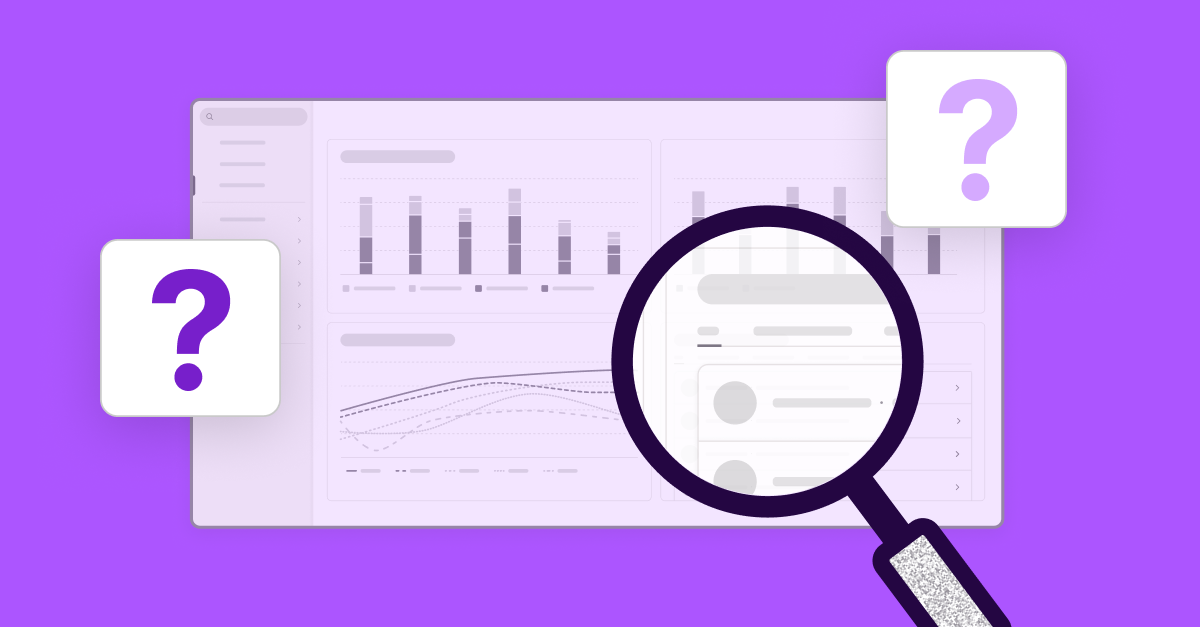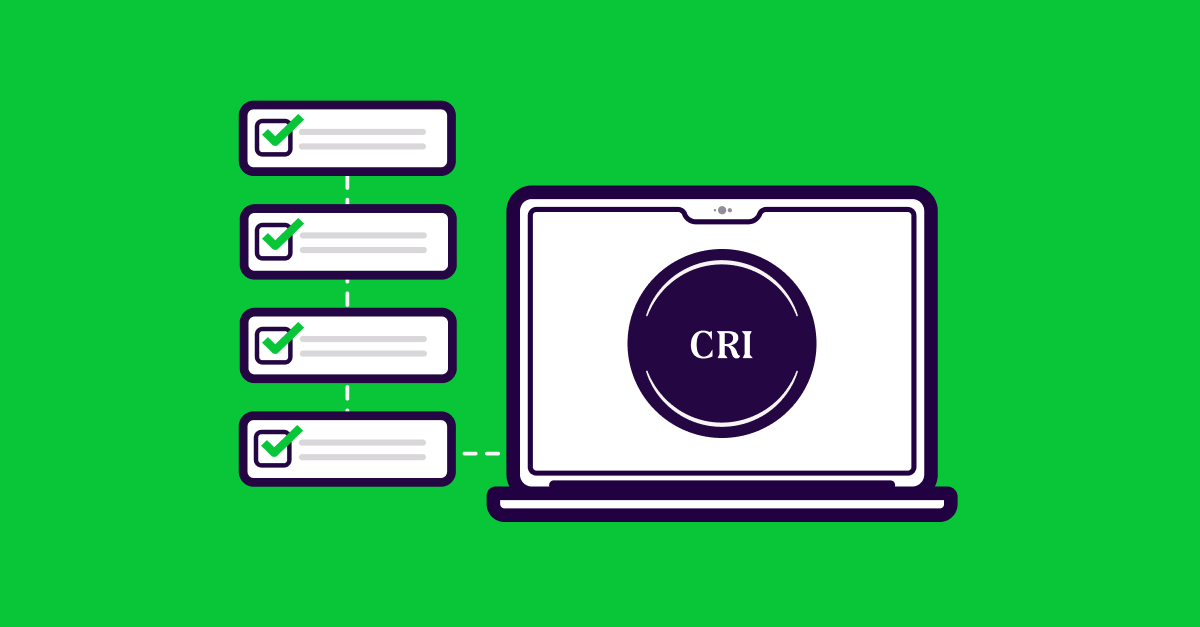Show filters

What is HIPAA?
HIPAA is the acronym for the Health Insurance Portability and Accountability Act passed by Congress in 1996. HIPAA helps by:
- Providing the ability to transfer and continue health insurance coverage for millions of American workers and their families when they change or lose their jobs;
- Reducing health care fraud and abuse;
- Mandating industry-wide standards for health care information on electronic billing and other processes;
- Requiring the protection and confidential handling of protected health information
HIPAA compliance is relevant to Covered Entities and Business Associates. Covered Entities include the following:
- Healthcare providers - Hospitals, doctors, clinics, psychologists, dentists, chiropractors, nursing homes, and pharmacies
- Health plans - health insurance companies, HMOs, company health plans, Medicare, and Medicaid
- Healthcare clearinghouses - an entity that takes in information from a healthcare entity, puts the data into a standard format, and then returns the information to another healthcare entity.
Business Associates are vendors or subcontractors who have access to private health information (PHI). If your company stores or processes PHI, you should be HIPAA compliant.




“
“








.png)





.svg)
.svg)


